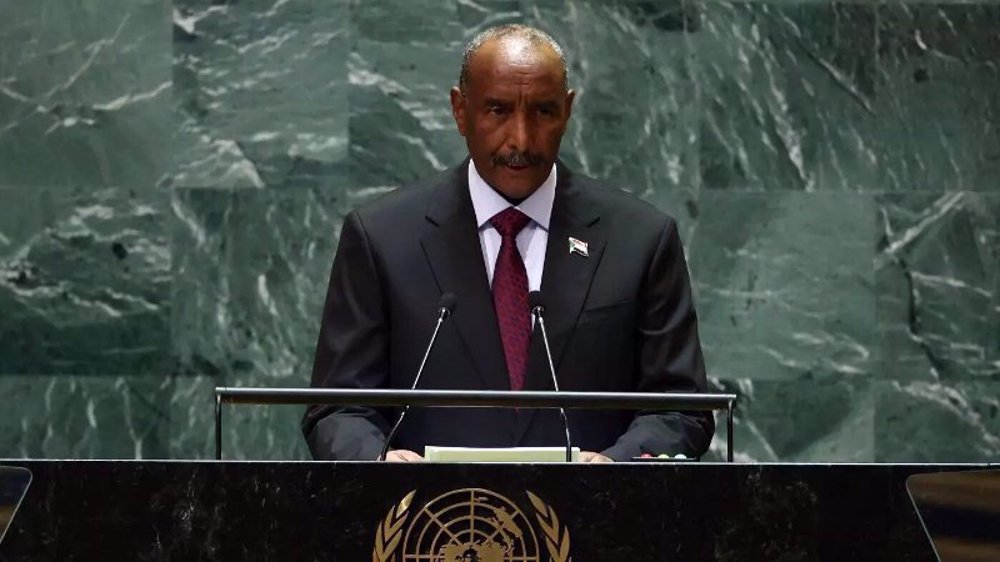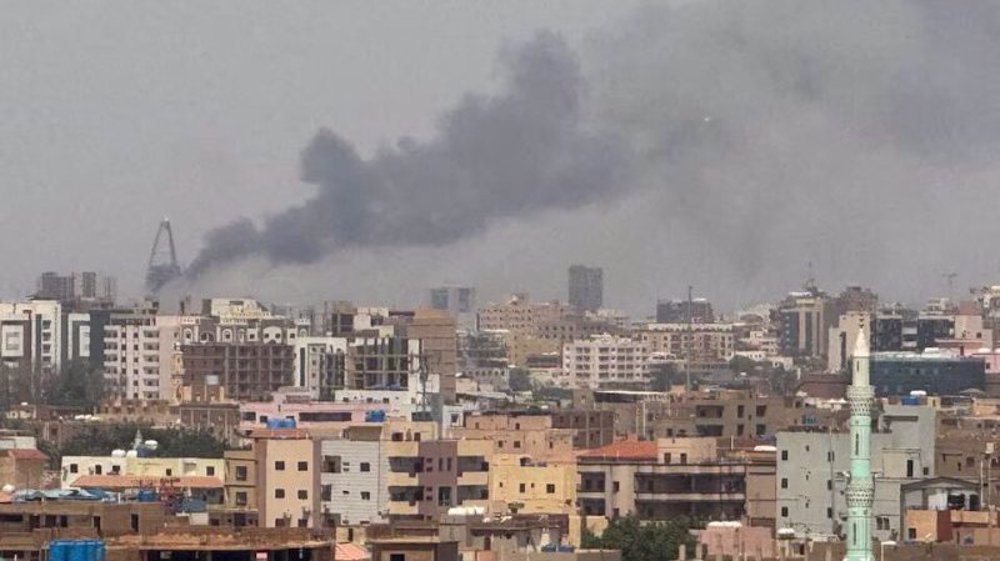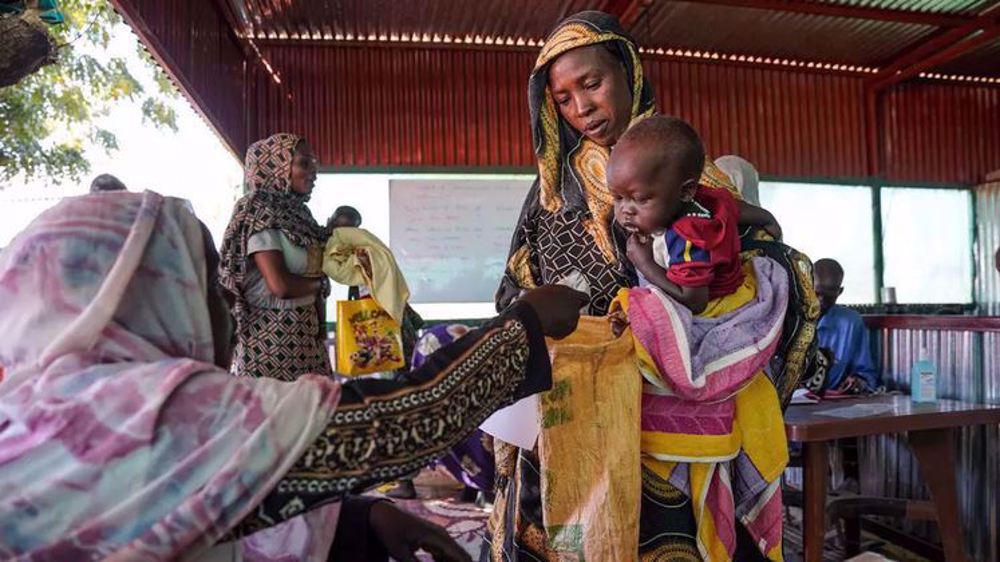Sudan opposition urges civil disobedience over army’s ‘disappointing’ stance
Sudanese protest leaders have called for civil disobedience after the military's "disappointing" response to their proposals for a transitional period that they say is aimed to delay the transfer of power to a civilian authority.
Last week, the Alliance for Freedom and Change protest group sent the Transitional Military Council (TMC) its draft constitutional document which describes the duties of a sovereign transitional council that would replace the military council.
The military junta said on Tuesday that it broadly agreed with the draft, but had "many reservations".
The TMC said the document neglected some important issues such as a reference to Islamic sharia as a source for legislation, an issue the protest leaders see can be discussed later, but they first want a civilian authority to take over power.
"The military council's response to the proposals of the Alliance for Freedom and Change was disappointing and risked putting the country in jeopardy," protest leader Khalid Omar Yousef told reporters on Wednesday.
The protest movement also expressed concerns about the military delaying the transfer of power.
"We call for and prepare for civil disobedience," Madani Abbas Madani, a spokesman for the alliance, said at a news conference in Khartoum.
The protest leaders said in a statement that the generals "raised irrelevant issues including the language and sources of legislation in a tedious repetition of the biddings of the former regime," adding "We call on the military council to reach an agreement to transfer power."
The African Union on April 30 extended the deadline for Sudan's military rulers to transfer power to civilians by further 60 days or face suspension.
Thousands of protesters have been camping outside the army headquarters in Khartoum since April 6, almost four weeks after the military removed Omar al-Bashir from power on April 11 following mass anti-government protests.
The sit-inners initially gathered there to seek the military's support in ousting Bashir. The protesters say they will continue to hold the sit-in until the military council hand over power to civilians.
The military and the opposition are at odds over the composition of the joint civilian-military council and whether it should have a civilian or military majority.
48-year-old Palestinian man serving 48 life terms completes 22 years in Israeli jails
From MKO to Tondar, how Germany became safe haven for anti-Iran terror groups
Hamas open to any proposal aiming to end Gaza war: Hamdan
Role of private sector in Iran’s thriving space industry
Four Palestinians killed in Israeli strikes on West Bank
Iran warns of ‘calculated, precise’ response to Israeli aggression
After year-long genocide, Israeli military hires private firms to flatten buildings in Gaza
Malaysia working on resolution to expel Israel from United Nations
















 This makes it easy to access the Press TV website
This makes it easy to access the Press TV website